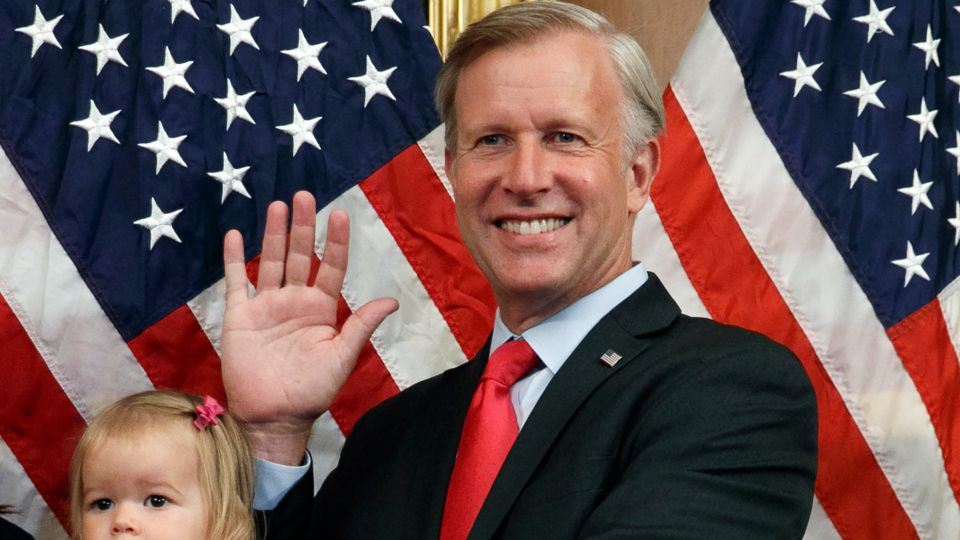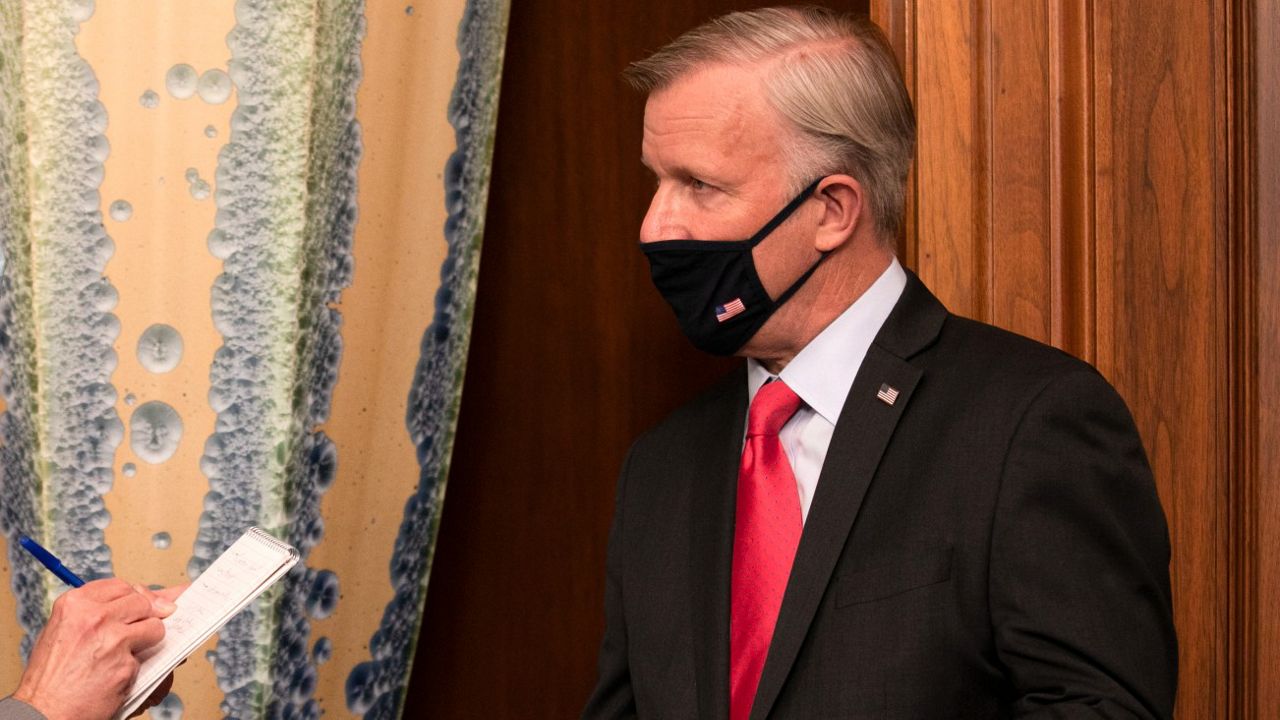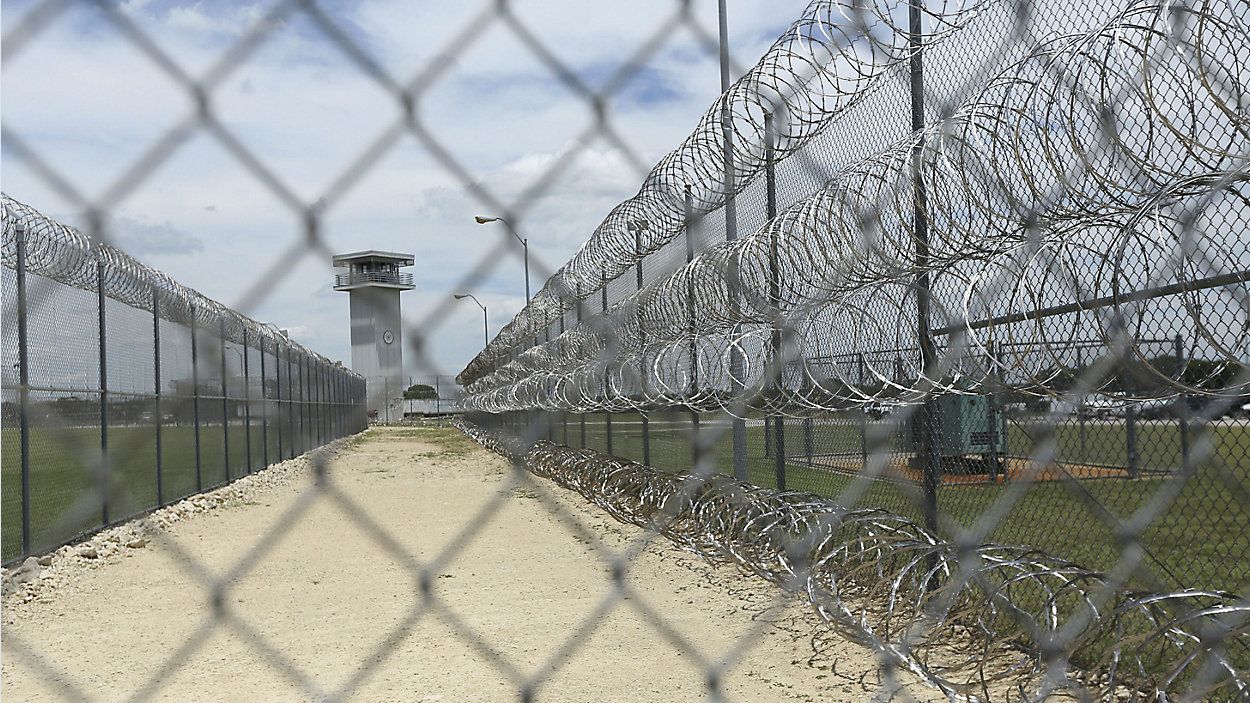New York is decriminalizing small amounts of marijuana — a policy some prosecutors have already taken on — but criminal justice reform advocates say more work needs to get done.
Albany County District Attorney David Soares's office has already embraced ending prosecutions for low-level marijuana possession. Soares says over the years his fellow prosecutors have shifted their thinking on how to enforce drug laws.
"I think we are at a point right now where what we do, we want to do, but it has to make sense and you reap the public safety awards," Soares said.
The law Governor Andrew Cuomo approved this week, decriminalizes up to two ounces of marijuana possession and creates a chance for those with low-level convictions to have their records expunged. In an interview, Soares applauded expungement, but says more people need to be told about it.
"My one criticism though is they did not provide any resources for the kind of massive communication effort you need to inform people," Soares said.
For criminal justice advocates like Amy Jones at Citizen Action, the decriminalization bill falls far short of what they wanted.
"Black and brown communities are historically over policed, we are underrepresented, and we have been absolutely left behind," Jones said.
Advocates this year had sought a full legalization of marijuana — which would have created a system of retail and commercial sales for cannabis.
"People would not be getting arrested anymore for marijuana — which leads [them] into the criminal justice system, and once you're in, it's very difficult to get back out," Jones said.
Soares and Jones both agree any revenue from legalized marijuana should go toward communities affected by historically harsher drug laws. But Soares also wants state lawmakers to take their time with marijuana legalization and address lingering public safety concerns.
"It means we have to provide fair warning to consumers, it means we have to provide protections for kids, it means we have to provide for roadside safety," Soares said.
State lawmakers return in January to Albany, and advocates expect to mount a new lobbying effort for marijuana legalization.







